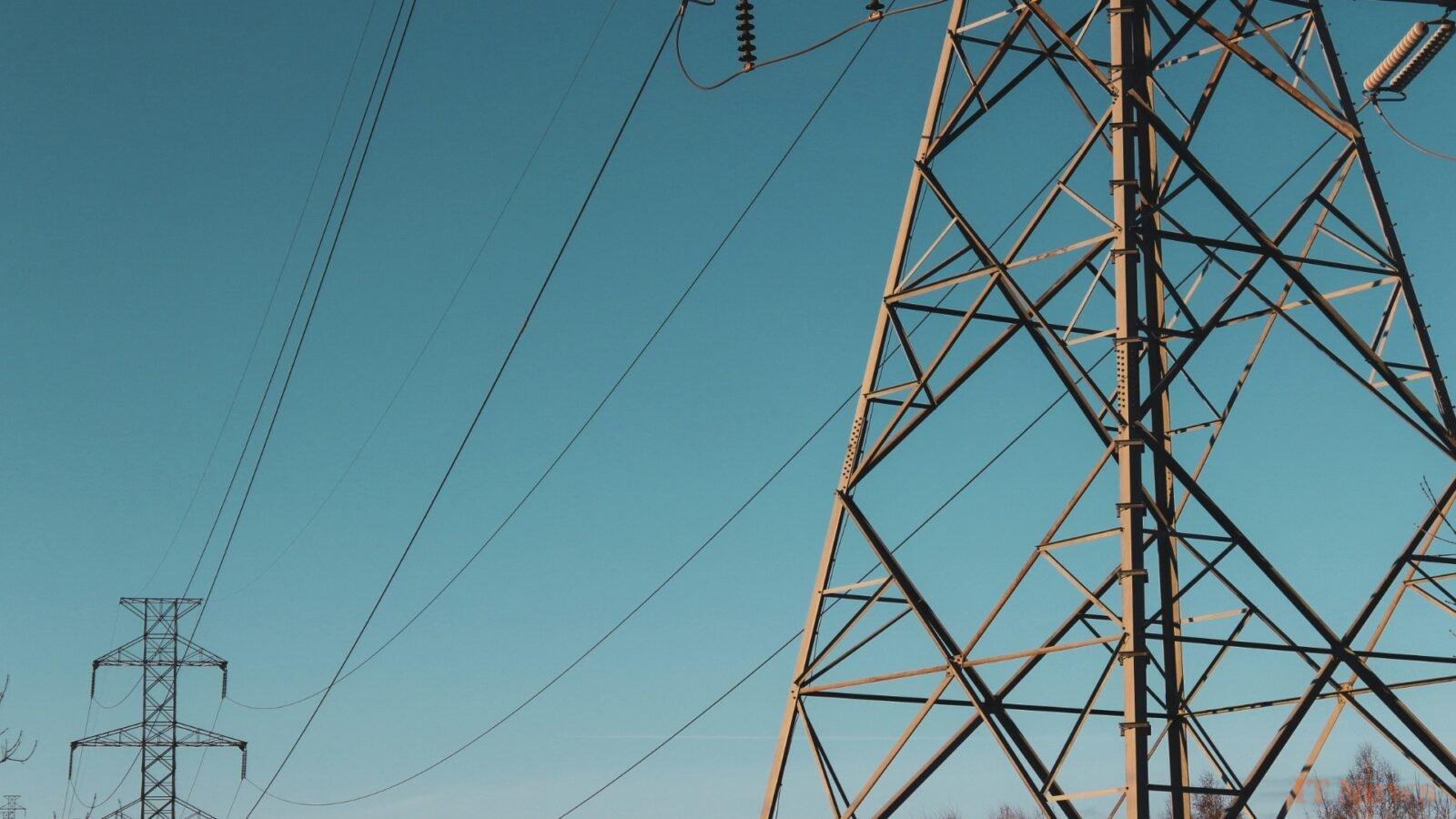On April 28, shortly after noon, Spain and Portugal were suddenly disconnected from the European electricity grid. Entire cities were plunged into darkness, thousands of people were trapped in elevators or on stationary trains, and many establishments—schools, government offices, and businesses—were forced to close.
A chain of technical and human errors
Two months after the incident, the Spanish Minister for Ecological Transition, Sara Aagesen, released a damning report. The outage was allegedly caused by a series of miscalculations and inappropriate decisions by the national operator Red Eléctrica (REE), which is partially owned by the state, and by several private electricity generation companies.
According to the minister, REE poorly anticipated the dynamic voltage capacity requirements that day, notably failing to activate a thermal power plant. At the same time, private producers failed to fulfill their regulatory role by not absorbing excess voltage in the network, even though they were paid to do so. The result: a massive surge triggered an "uncontrollable chain reaction" that knocked out a large part of the network.
REE President Beatriz Corredor is now under pressure, especially since she had previously denied any responsibility on the part of the operator in the crisis. Asked about a possible resignation, Sara Aagesen sidestepped the question, insisting on the analytical, not judicial, nature of the report.
Faced with the outage, several hypotheses circulated, including that of a computer hack or a network weakened by overproduction of renewable energy. These scenarios have been formally ruled out. "There is no evidence of a cyberattack," the minister stated, while acknowledging "vulnerabilities" and "deficiencies" in the network security system. The report recommends strengthening operator oversight, increasing the overall capacity of the Spanish electricity system, and improving interconnections with neighboring countries. The lack of interconnections, particularly with France, has limited the possibilities for rapid restoration. The European Investment Bank has also announced €1.6 billion in funding to double the electricity exchange capacity between France and Spain. Criticism of the Pedro Sánchez government's energy policy, which plans to phase out nuclear power in favor of renewable energy, has been rife. "You want to be the greenest in the world, and you have plunged the Spanish into darkness," the opposition criticized the government. But the latter remains firm: the breakdown has nothing to do with the energy transition.



0 Comments